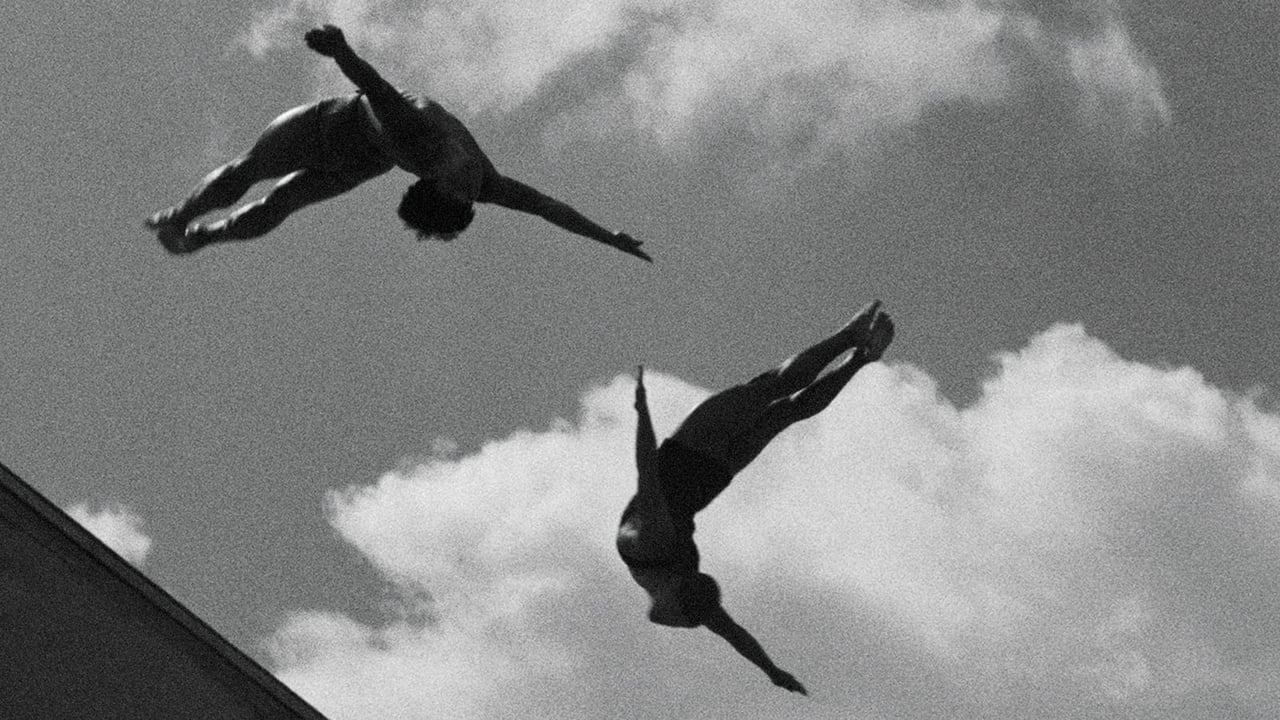


A Brilliant Conflict
... View MoreThis movie was so-so. It had it's moments, but wasn't the greatest.
... View MoreThe plot isn't so bad, but the pace of storytelling is too slow which makes people bored. Certain moments are so obvious and unnecessary for the main plot. I would've fast-forwarded those moments if it was an online streaming. The ending looks like implying a sequel, not sure if this movie will get one
... View MoreIt is encouraging that the film ends so strongly.Otherwise, it wouldn't have been a particularly memorable film
... View MoreOlympia 2 (1938) **** (out of 4) The second part of Riefenstahl's documents of the 1936 Berlin Olympics. I enjoyed this "sequel" a little less than the first film but that's not to say this one here isn't among the greatest films out there. The brilliant cinematography and editing are still here but the focus on the sports is quite differently. The first film mainly focused on track and field but this one goes for a wider range of events including a cross country trip, which ends with the runners falling from exhaustion. Also on display are gymnastics, which contain perhaps the greatest visuals of either film and perhaps the greatest of any film. I've watched gymnastics on various sports channels including ESPN and after watching this movie all I can say is that these people really need to study what's on display here. It's rather amazing at how brilliant this stuff looks compared to today and especially all the slow-motion treats, which really capture and show how incredibly skilled these athletes are. Diving, swimming, decathlon, field hockey and shooting are also on display here. The incredible beauty of this film makes it seem like all the shots were rehearsed and even the action was staged but of course this isn't true and this here just makes the film shine even more. All the controversy that has surrounded Riefenstahl is certainly wanted but it's a shame that this takes away from her incredible gift as a director. I always say ones personal life shouldn't come between the art and here is another stunning example of that.
... View MoreIn a world where female directors ARE discriminated against and always have been it's a tragedy that this genius (Riefenstahl) destroyed her reputation by working for the Nazis. I've seen both the Olympiad films and they left me chilled, inspired, and ashamed of myself for being inspired by them. It is quite vicious and unashamed white-supremecist propaganda, but by God it's done well. I'm wondering if the so-called "olympic ideal" EVER existed now? Are the olympics about sport, or just a huge great marketing vehicle? Nowadays it's Coca-Cola & Nike; back in the 1930s it was Hitler and the Nazi Party. The 'message' of Olympiad is that National Socialist Germany is the highest evolution of human society and that Aryan supermen dominate sport. Riefenstahl did a brilliant job of presenting this case and I'm sure that to many people it seemed reasonable and seductive; but that was before Blitzkrieg and the Holocaust. It IS a wonderful film and Leni Riefenstahl was one of the most talented movie directors who ever lived, but let's never forget she was also a collaborator in this most evil of all regimes. My belief has always been that she knew exactly what Hitler was up to and happily took part because she never thought she'd be held to account for it. By all means watch Olympiad and be enthralled by it (just like I was) but remember, this is the devil's work - and it could happen again.
... View MoreThis is a fairly good companion piece to the first film. Even though it doesn't have the emotional impact of Jesse Owens exploits you did get to see some of the great performances that took place during "Hitler's Games". This film and the first film will always be remembered as two of the greatest sports documentaries every produced.
... View More***warning: spoliers (of a sort)*** This is certainly the better of the two Olympia films, as others have noted, though some sequences are more interesting than others. Gymnastics gets its turn - not surprising, as Riefenstal trained as a gymnast - as do equestrian events, all-too- brief coverage of cycling, and a few too many yachts. This is the film with the diving, as others have noted, and it is not possible to overstate how brilliantly edited that sequence is.That sequence, along with the gymnastics which open the film, is the heart of "Olympia"'s rather complex connection with Nazi ideology. Watch these sequences, and notice how the athletes' connection with the ground is removed. The extreme slow motion and rhythmic editing take this beyond a celebration of beauty; it is a celebration of transcendence, the creation of an image of man larger than the world. The diving sequence at the end disolves into an idealized vision of Speer's Cathedral of Light, and the film ends with clouds, flags, flame, and a ladder of lights that pierces the sky. Together with Windt's underrated score, this film is one of the best examples of German Romanticism ever created. That idealization and transcendence, the piercing of matter to get at the spirit behind it, *was* a component of Nazi ideology, and Riefenstahl, who was not a member of the party (and, to be fair, seems to have been repelled by the Nazi's racism) was a fellow Romantic.Is it worth seeing today? Undoubtedly so, if only to see where modern sports coverage got its start. Think about those more complex connections, though.
... View More